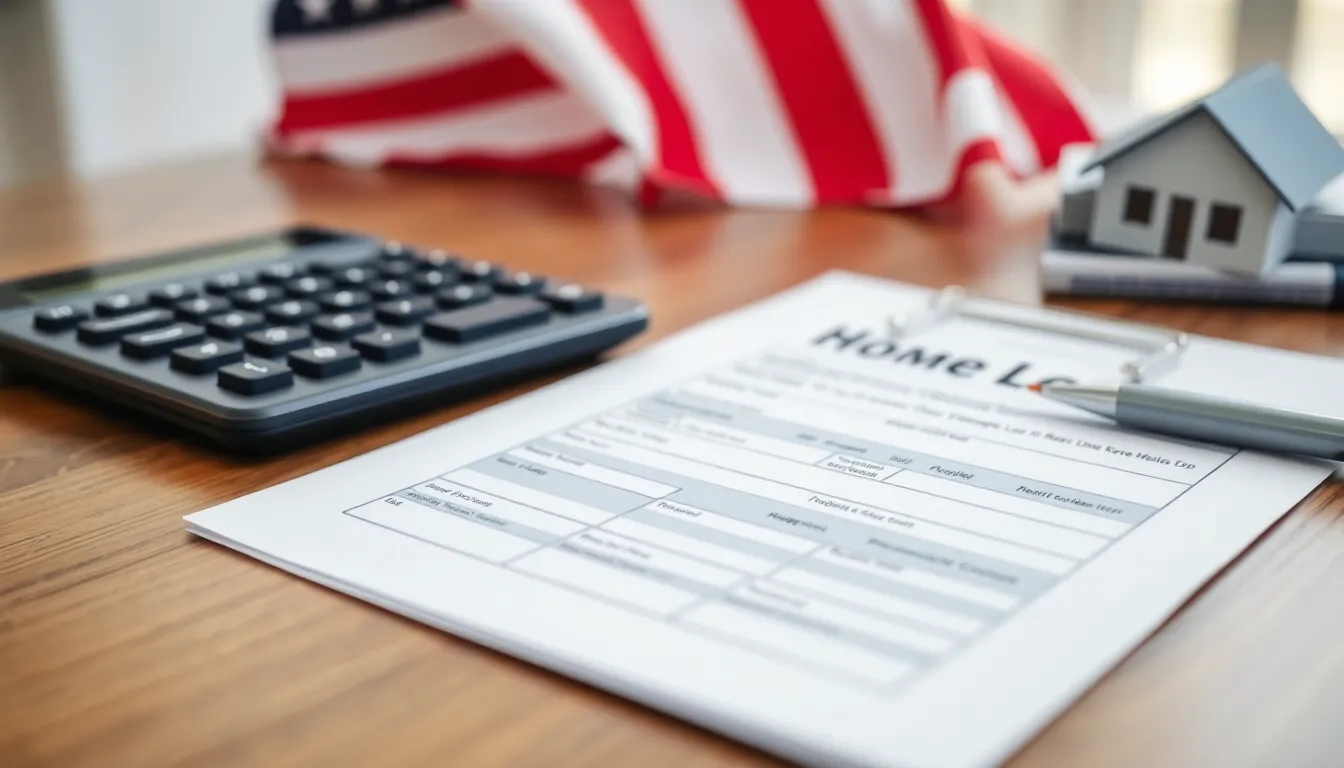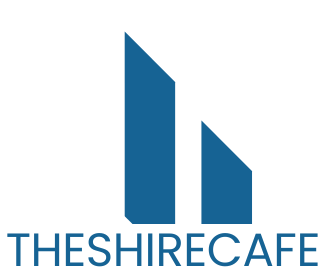Navigating the world of home financing can be daunting, especially when it comes to understanding the costs involved. FHA loans, backed by the Federal Housing Administration, offer an accessible path to homeownership for many. However, potential buyers often overlook the various fees associated with these loans, which can significantly impact their budget.
FHA loan fees include upfront and annual mortgage insurance premiums, closing costs, and other charges that can add up quickly. Grasping these fees is crucial for anyone considering an FHA loan, as it helps in making informed financial decisions. By breaking down these costs, prospective homeowners can better prepare for the financial commitment of purchasing a home.
Table of Contents
ToggleUnderstanding FHA Loan Fees
FHA loan fees play a significant role in the overall cost of obtaining a mortgage. Understanding these fees helps potential homeowners accurately budget for their financing needs.
What Are FHA Loan Fees?
FHA loan fees consist of various charges that borrowers encounter during the loan process. Common fees include:
- Upfront Mortgage Insurance Premium (UFMIP): This one-time fee is typically 1.75% of the loan amount, paid at closing.
- Annual Mortgage Insurance Premium (MIP): This recurring fee varies based on the loan amount and term, generally ranging from 0.45% to 1.05% annually.
- Closing Costs: These encompass services and expenses required to process the loan, including title insurance, appraisal fees, and recording fees.
- Loan Origination Fee: This fee, commonly around 1% of the loan amount, covers the lender’s work in processing the loan.
Importance of FHA Loan Fees
- Budgeting: Knowing the fees helps borrowers effectively plan their finances and avoid unexpected costs.
- Loan Affordability: Understanding the impact of fees enables buyers to assess whether FHA loans align with their financial situation.
- Homeownership Preparation: Awareness of fees ensures prospective homeowners consider all financial responsibilities when pursuing a mortgage, aiding in long-term financial health.
Types of FHA Loan Fees

Understanding the various types of fees associated with FHA loans is essential for prospective homeowners. Each fee impacts the overall cost of financing and should be carefully considered when budgeting.
Upfront Mortgage Insurance Premium (UFMIP)
UFMIP is a one-time fee paid at closing, typically amounting to 1.75% of the loan amount. This premium protects lenders in case of borrower default. Borrowers can finance UFMIP into the mortgage or pay it upfront. For example, on a $200,000 loan, UFMIP would equal $3,500.
Monthly Mortgage Insurance Premium (MIP)
MIP is an ongoing fee that borrowers pay monthly, calculated based on the loan’s total amount. As of 2023, the MIP ranges from 0.15% to 0.60% annually, depending on the loan’s term and size. For instance, a $200,000 loan at 0.50% MIP results in a monthly payment of about $83.33.
Origination Fees
Origination fees cover the lender’s costs to process and manage the loan application. These fees usually range from 0.5% to 1% of the loan amount. For example, with a $200,000 mortgage, the origination fee could be between $1,000 and $2,000. These fees are negotiable, and comparing lenders helps identify more favorable terms.
Closing Costs
Closing costs encompass a variety of fees associated with finalizing the loan. These can include appraisal fees, title insurance, and recording fees, typically totaling 2% to 5% of the home’s purchase price. For a $200,000 home, closing costs might range from $4,000 to $10,000. Knowing these costs beforehand helps borrowers prepare effectively.
Factors Influencing FHA Loan Fees
Several factors affect FHA loan fees, influencing both the upfront and ongoing costs that borrowers encounter. Understanding these factors enables borrowers to assess their financial responsibilities more accurately.
Credit Score Impact
Credit scores significantly influence FHA loan fees. Higher credit scores often lead to lower interest rates and reduced mortgage insurance premiums. Borrowers with scores above 580 typically qualify for the low down payment option of 3.5%, while those between 500 and 579 may face a higher down payment of 10%. Additionally, lenders may impose higher fees or stricter conditions for those with lower credit scores, impacting overall loan affordability.
Loan Amount
Loan amount plays a crucial role in determining FHA loan fees. The Upfront Mortgage Insurance Premium (UFMIP) remains a percentage of the total loan amount, usually 1.75%. For example, on a $250,000 loan, the UFMIP would equal $4,375. Larger loan amounts also tend to incur higher annual mortgage insurance premiums (MIP), which can range from 0.15% to 0.60% of the loan balance, further affecting overall costs.
Property Location
Property location influences FHA loan fees due to varying housing markets and local regulations. Certain areas may have higher average closing costs or additional state-specific fees. Moreover, property location can impact the appraisal process, potentially leading to increased costs if the housing market fluctuates significantly. Regions considered high-cost areas may also have higher limits for FHA financing, which could alter the associated fees.
How to Reduce FHA Loan Fees
Reducing FHA loan fees involves strategic planning and proactive steps. Potential buyers can effectively minimize their overall costs through thorough research and negotiation techniques.
Shopping for Lenders
Comparing various lenders is essential for reducing FHA loan fees. Borrowers should evaluate interest rates, fees, and terms from multiple lenders. This process can reveal significant differences in origination fees and ongoing costs. Many lenders provide free quotes, allowing borrowers to analyze multiple offers. Additionally, some lenders may offer promotions or reduced fees for FHA loans. Investigating local and online lenders enhances the chance of finding more competitive rates. Utilizing online comparison tools simplifies this research process and offers transparency in costs.
Negotiating Closing Costs
Negotiating closing costs can significantly decrease FHA loan expenses. Borrowers can ask lenders or real estate agents to waive certain fees or provide credits toward closing costs. Points of negotiation include appraisal fees, title insurance, and attorney fees. Borrowers may also request a lender credit that offsets some closing costs in exchange for a slightly higher interest rate. Understanding local real estate regulations enables borrowers to identify which costs are negotiable. Engaging in these discussions can lead to substantial savings during the closing process, making homeownership more affordable.
Navigating FHA loan fees can seem daunting but understanding them is vital for prospective homeowners. By being aware of the various costs involved such as UFMIP, MIP, and closing costs, buyers can better prepare themselves for the financial commitments that come with homeownership.
Taking proactive steps like comparing lenders and negotiating fees can lead to significant savings. With the right knowledge and strategies, potential buyers can make informed decisions that align with their financial goals. Ultimately, this understanding empowers them to approach the home-buying process with confidence and clarity.



